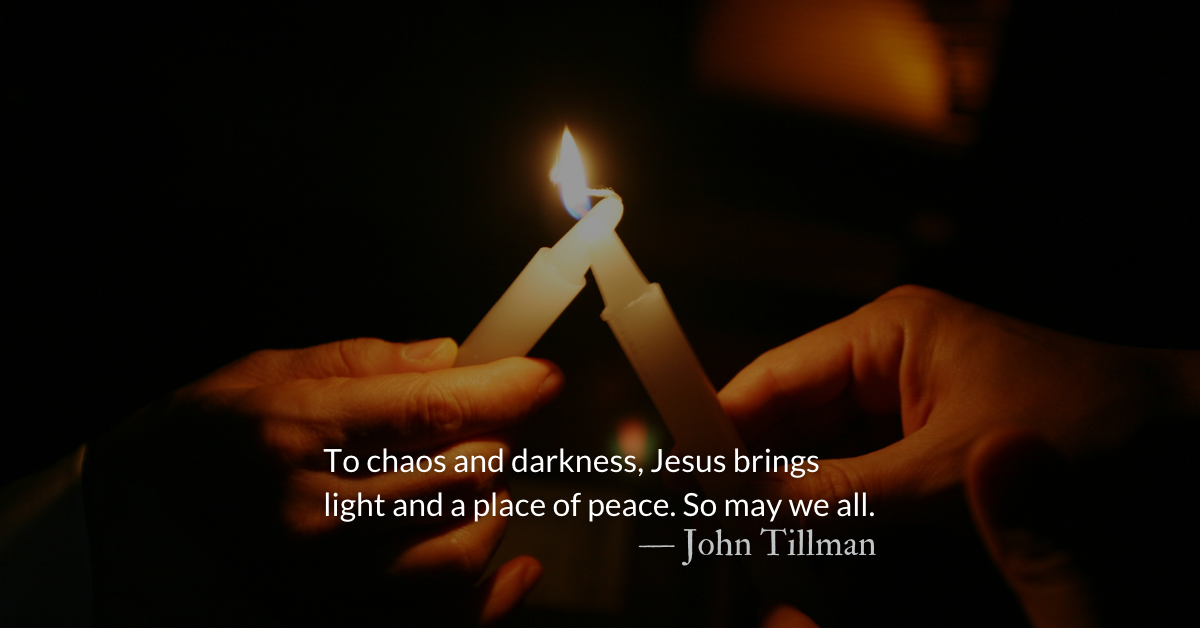Scripture Focus: Nehemiah 2.11-13; 16-18
11 I went to Jerusalem, and after staying there three days 12 I set out during the night with a few others. I had not told anyone what my God had put in my heart to do for Jerusalem. There were no mounts with me except the one I was riding on.
13 By night I went out through the Valley Gate toward the Jackal Well and the Dung Gate, examining the walls of Jerusalem, which had been broken down, and its gates, which had been destroyed by fire.
16 The officials did not know where I had gone or what I was doing, because as yet I had said nothing to the Jews or the priests or nobles or officials or any others who would be doing the work.
17 Then I said to them, “You see the trouble we are in: Jerusalem lies in ruins, and its gates have been burned with fire. Come, let us rebuild the wall of Jerusalem, and we will no longer be in disgrace.” 18 I also told them about the gracious hand of my God on me and what the king had said to me.
They replied, “Let us start rebuilding.” So they began this good work.
Matthew 5.14-16
14 “You are the light of the world. A town built on a hill cannot be hidden. 15 Neither do people light a lamp and put it under a bowl. Instead they put it on its stand, and it gives light to everyone in the house. 16 In the same way, let your light shine before others, that they may see your good deeds and glorify your Father in heaven.
Reflection: Peace Amidst Chaos — Peace of Advent
By John Tillman
In the dark, Nehemiah dreams of peace.
Peace not only means the absence of conflict but the absence of chaos. In Nehemiah’s day, Jerusalem was not at war but was a chaotic shambles. Proverbs tells us that a city without walls is like a person with no self-control. (Proverbs 25.28) Walls provided defense from attack but also the dignity of control—control of identity, control of commerce, and control of destiny. The gate of the city represented all these things.
Instead of being surrounded by dignity, Jerusalem was surrounded by enemies. Sanballat was from the north in Samaria. Tobiah was from the east in Ammon. Geshem was from the southeast. These leaders held generational hatred of the Jews. Seeing them reestablish their Temple and worship was bad enough. Seeing Jerusalem reinforced with a wall was even worse. A rebuilt Jerusalem would disrupt their political and economic interests. In the midst of these enemies, God prepared a place of peace.
In modern life, a physical wall means little to our peace. Chaos flows into the devices in our pockets. Not many of us are at war, but many of us are surrounded by chaos instead of peace.
We can build a spiritual wall of refuge around our minds and hearts that is reinforced with the stones of scripture and the mortar of prayer. Within those walls, we find in the darkness a table of light set before us. Surrounded by enemies, a chair of fellowship is pulled out for us to rest.
In the 23rd Psalm, the psalmist described his shepherd, the God of Israel, as preparing a table of fellowship and provision in the midst of enemies. This is the kind of God we serve. This is also the nature of Jesus’ birth. He is born helpless amidst those who will try to kill him to stay in power. This is the kind of life Jesus lived. He wandered, homeless among those who twisted the law to steal widows’ homes.
The way Christ revealed himself to the world, a light shining in the darkness, is also the way we are to reveal him to the world. If we are to be, like Jerusalem, a city on a hill, then we must remember that Jesus is the ever-open gate through whom anyone can enter his peace.
To chaos and darkness, Jesus brings light and a place of peace. So may we all.
Divine Hours Prayer: The Request for Presence
May God be merciful to us and bless us, show us the light of his countenance and come to us.
Let your ways be known upon earth, your saving health among all nations. — Psalm 67.12
Today’s Readings
Nehemiah 2 (Listen 3:42)
Revelation 11 (Listen 3:24)
Read more about Supporting Our Work
Our donors make this work ad-free and available without cost! Please consider becoming a one-time or monthly donor!
Read more about Peace from Strife
When you are constantly on edge from conflict, it is easy to expect the answer to your crisis will come in the form of a fight.







